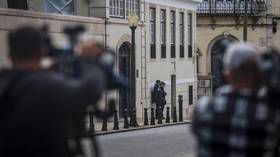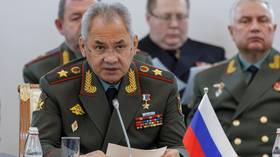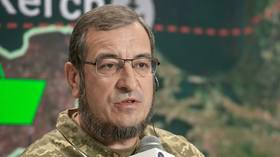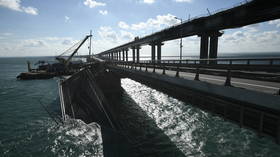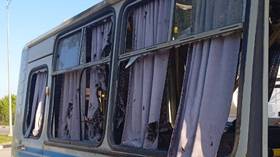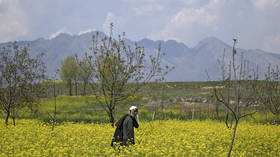EU state’s prime minister resigns over lithium graft probe
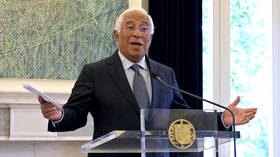
Portuguese Prime Minister Antonio Costa resigned on Tuesday after national law enforcement named him as a person of interest in a graft probe and arrested his chief-of-staff. Police are investigating alleged corruption related to lithium mining and other national projects.
Costa announced his decision to step down in a televised address, hours after meeting President Marcelo Rebelo de Sousa. He denied any wrongdoing, but said even suspicion was not compatible with his office. Costa said he will remain acting prime minister until a successor is chosen, but will not seek a fourth term.
Earlier in the day, national police announced that they had executed dozens of search warrants related to an investigation into alleged corruption and influence-peddling by senior officials. They detained Vitor Escaria, Costa’s chief-of-staff, and four others, as well as indicting Minister of Infrastructure Joao Galamba and Nuno Lacasta, the head of the Portuguese Environment Agency.
The alleged crimes are linked to lithium-mining projects in Barroso and Montalegre in northern Portugal, and two major infrastructure projects in the port city of Sines – a hydrogen plant and a data center. The suspects are alleged to have illegally facilitated the issuance of permits for the development and used the prime minister’s name to push through the decisions they wanted.
There were previously protests against the lithium projects by environmental organizations and local residents in the areas where the mining was planned. Critics say the quality of the reserves is too low to justify the environmental damage that their extraction would cause.
The metal is essential for the production of batteries required for phasing out fossil fuels. Portugal is seeking to secure a bigger share of the production chain value.
President Rebelo de Sousa will now decide whether to call a snap parliamentary election or allow Costa’s Socialist Party, which last year won 120 seats in the 230-member legislature, to vote for a new premier. He summoned representatives of political parties for consultations on Wednesday.
Costa first became prime minister in 2015 and has overseen a period of strong economic growth after a time of austerity measures under the previous leadership. He was considered to be a strong candidate for becoming the next president of the European Commission after the post is vacated in November 2024.
However Costa’s latest term was mired by several scandals, with more than a dozen of his staff resigning for various reasons over the past two years.
